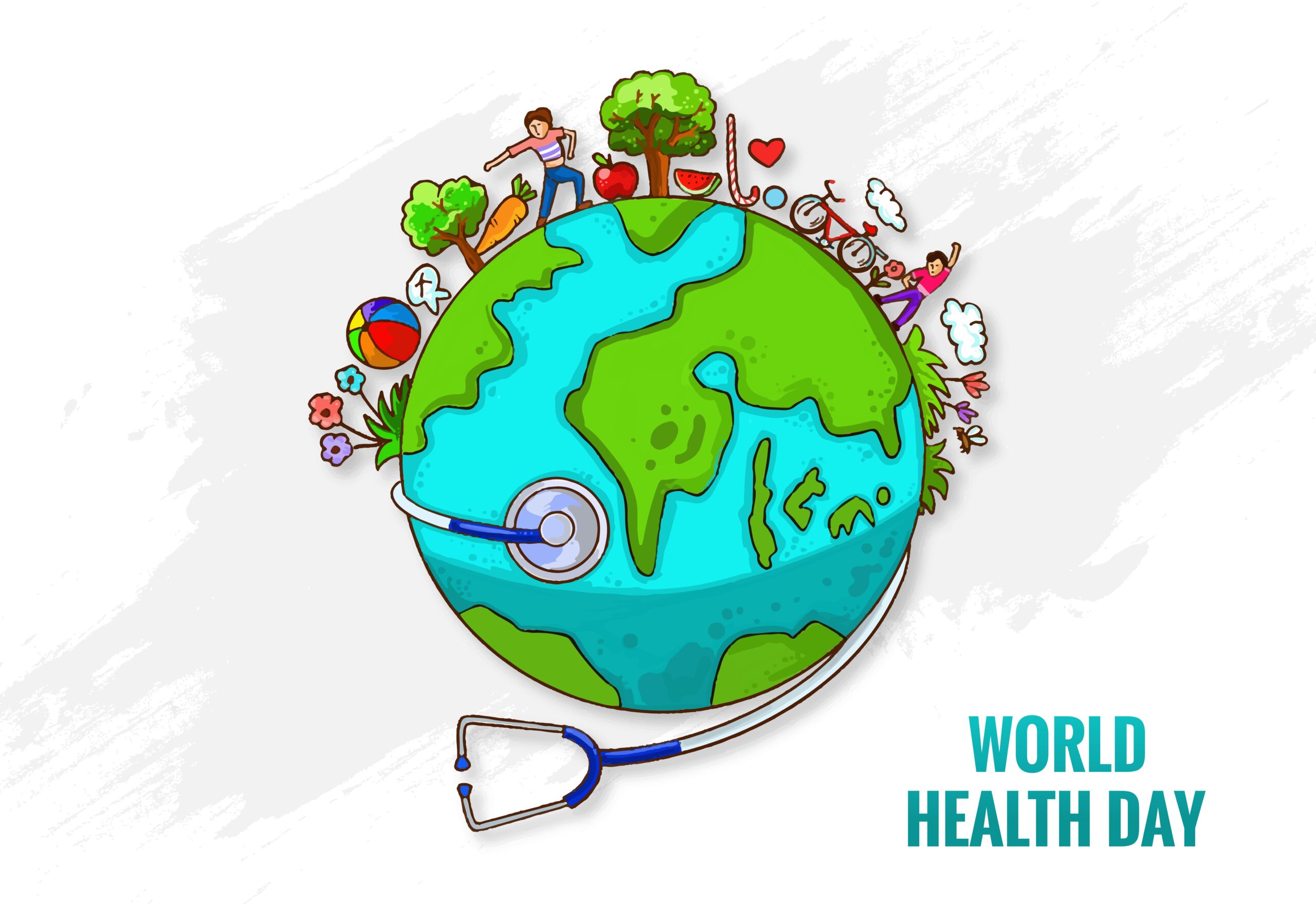World Health Day 2025: Global Awareness for a Healthier Future
World Health Day 2025: Global Awareness for a Healthier Future
Every year, on April 7th, the world comes together to celebrate World Health Day. Established by the World Health Organization (WHO) in 1948, this day highlights key global health issues, raises awareness, and encourages governments, communities, and individuals to take action. Over the decades, World Health Day has become more than just an observance—it has evolved into a global movement that shapes health policies and inspires positive change.
The History Behind World Health Day
The origins of World Health Day date back to the founding of WHO. The date, April 7th, marks the organization’s establishment and serves as a reminder of the importance of international cooperation in health. Each year focuses on a specific theme, addressing urgent challenges like climate change, mental well-being, universal healthcare, and infectious diseases. By highlighting one issue at a time, World Health Day allows global communities to focus resources and awareness campaigns more effectively.
Why World Health Day Matters Today
Health is a universal human right, yet millions worldwide lack access to basic care. In 2025, inequality in healthcare remains a pressing challenge. World Health Day sheds light on these gaps and urges policymakers to create inclusive systems. For individuals, it’s a reminder to prioritize physical, emotional, and social well-being. From preventing chronic illnesses to ensuring clean water, the day underscores how interconnected global health truly is.
World Health Day 2025 Theme
Each year, WHO announces a central theme for World Health Day, designed to spark discussion and inspire global action. The 2025 theme focuses on “Building Resilient Health Systems for All.” After recent global health crises, resilience has become more important than ever. This theme emphasizes preparedness, innovation, and community-based approaches to ensure no one is left behind when the next health challenge arises.
Global Events and Campaigns
Around the globe, World Health Day is marked by seminars, free medical check-ups, online awareness campaigns, and policy dialogues. Schools often organize health fairs, hospitals provide free screenings, and NGOs arrange community workshops. Digital campaigns on platforms like Twitter, Instagram, and Facebook allow people to share personal health journeys, tips, and educational resources using hashtags such as #WorldHealthDay and #HealthForAll.
How Individuals Can Contribute
While large organizations lead global campaigns, individuals also play a crucial role in making World Health Day impactful. Here are a few ways anyone can contribute:
-
Educate yourself and others – Share trusted resources about this year’s theme.
-
Adopt healthy habits – Small changes like daily exercise, balanced diets, and stress management make a difference.
-
Volunteer or donate – Support local health initiatives, from blood donation drives to vaccination campaigns.
-
Advocate for policy change – Use your voice to demand better healthcare access in your community.
By participating in these efforts, you are not only supporting World Health Day but also investing in a healthier future for yourself and others.
The Role of Technology and Innovation
Modern technology has transformed healthcare access. Telemedicine, wearable devices, and AI-driven diagnostics have bridged many gaps. World Health Day 2025 emphasizes leveraging such tools to reach underserved populations. For instance, mobile health apps now help monitor chronic diseases in remote areas, while AI improves early diagnosis of conditions like cancer and heart disease. These innovations align perfectly with the year’s theme of resilience and inclusivity.
Challenges Still Ahead
Despite progress, challenges remain. Many rural regions lack medical infrastructure, urban areas struggle with pollution-related diseases, and mental health still carries stigma in several societies. World Health Day highlights these gaps so global leaders can prioritize solutions. Addressing these issues requires collaboration between governments, non-profits, and communities.
Looking Toward the Future
The future of World Health Day is not only about annual awareness but about building sustainable habits and systems. By addressing health as a shared responsibility, the day fosters hope for a more equitable world. As the global population grows and environmental pressures rise, the relevance of World Health Day will only increase.
Conclusion
World Health Day 2025 is more than a date on the calendar—it’s a global call to action. It reminds us that health is not merely the absence of disease but the presence of well-being in body, mind, and society. By participating, whether through education, advocacy, or personal lifestyle changes, each of us contributes to building a healthier future. As we reflect on this year’s theme, we are reminded that resilience in health systems starts with awareness, and awareness begins with days like these.














Post Comment